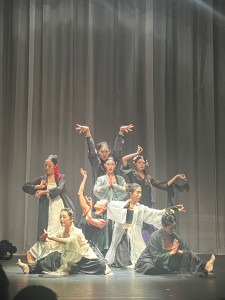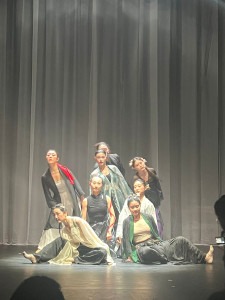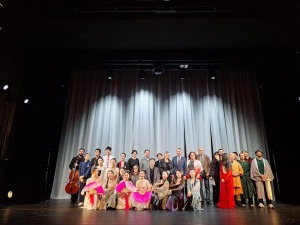La Conferencia Europea sobre Educación de Jóvenes en los museos se llevó a cabo en mayo 14-17, 2009 en el “D. Los gustos” Museo Nacional Village en Bucarest.
El Programa de la Conferencia se estructura en torno a los siguientes temas centrales:
1. Tipos y Objetivos de la juventud programas educativos en museos, Galerías de arte y organizaciones culturales
2. Métodos Educativos de la juventud, Strategies and Technologies in Museums – Past, Present and Future. Thinking Outside the Box: Ways of Informal Teaching and of Young Audience Development
3. The European YOUth and MUSEums Network
Along with 40 paper presentations, several panel discussions were held on the following topics:
– Whats and Hows of Youth Education in Museums, Galerías de arte y organizaciones culturales: Dos and Dont’s, Problems and Antidotes, Burning Tasks for the Future
– Ways to develop the European YOUth and MUSEums Network
– YOUth and MUSEums Partnership Building
– What should museums do in order to draw in and hold the attention of the young European generations?
Fourty experts in cultural youth education in museums and a group of young people representing several clubs, centres and associations for UNESCO issued from 15 European countries have delivered highly inspiring papers on the given topic.
The diversity of cultural backgrounds displayed throughout the conference turned the meeting into an exciting experience for all the participants.
Papers by curators for young people’s education either dealt with youth educational programmes in general, or focused on a particular educational programme developed in a certain European museum.
Papers by young representatives of several European clubs, centres and associations for UNESCO pooled the results of a youth survey carried out as follows.
A series of open ended questions were asked to middle and high school children and to students to obtain statistically useful information about their relationship to museums. Questions were formulated by the ELITE ART Club for UNESCO team.
In the end, a data analysis was requested.
The young representatives of the European clubs, centres and associations for UNESCO comprehended the results yielded by their survey and presented the respective results at the conference in Bucharest.
Panel discussions reprised major points addressed in the paper presentations and raised questions regarding museum identity and development. They concluded that an appropriated way to draw in and to hold the attention of the young European generations to museums is to strengthen and further develop the social and communicative nature of museums.
Touching young people’s minds and hearts, promoting pleasurable or satisfying leisure activities, involving all of the senses in a variety of experiences including the young public’s total immersion into a newly recreated culturally specific framework, promoting big events along with personalised learning opportunities that could enable learners to feel valued as individuals, developing a network of peer leaders ready to mentor constitute successful ways of reaching both a high rate of young (return) visitors as well as a high quality of the young audience’s engagement with the museum.





















